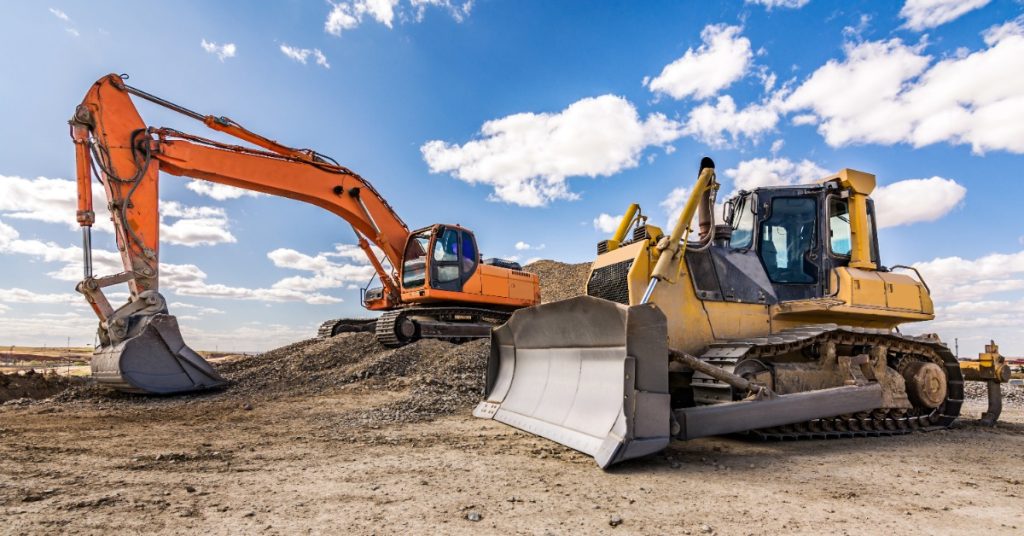The Importance Of Regular Servicing
In the realm of industrial machinery and heavy equipment, hydraulic systems serve as the lifeblood that powers an array of operations. From construction machinery to manufacturing plants, hydraulics play a vital role in ensuring efficient and precise movements. However, like any complex system, hydraulic components require regular servicing and maintenance to operate at their best. The importance of having hydraulic parts regularly serviced cannot be overstated, as it directly impacts both the longevity of the machinery and the safety of the workers operating it. Enhancing Efficiency and Performance A well-maintained hydraulic system operates like a finely tuned orchestra, each component working in harmony to deliver seamless performance. Regular servicing ensures that hydraulic parts are free from contamination, such as dirt, debris, and moisture, which can lead to reduced efficiency and increased wear. Fluids need to be clean and at the right viscosity to ensure proper operation. Regular maintenance helps in identifying and rectifying potential issues before they escalate, thereby preventing costly breakdowns and downtime. Prolonging Lifespan Industrial machinery represents a significant investment, and extending the lifespan of these assets is of paramount importance. Neglecting hydraulic system maintenance can result in premature wear and tear, leading to component failures and the need for costly replacements. Regular servicing includes activities like fluid changes, filter replacements, and inspections to detect issues early. By addressing problems proactively, hydraulic systems can be kept in optimal condition, significantly extending their operational lifespan. Ensuring Safety Safety is paramount in any industrial environment. Hydraulic systems operating under high pressures can pose serious safety risks if not maintained properly. Leaks, ruptures, or component failures can result in hazardous situations for operators and those working in the vicinity. Regular servicing helps identify potential weak points in the system, ensuring that worn-out parts are replaced before they compromise safety. Adequate maintenance practices also reduce the risk of unexpected failures, protecting both personnel and equipment. Cost-Effectiveness While some might view regular servicing as an added expense, it is a sound investment in the long run. The cost of preventive maintenance is often significantly lower than the expenses incurred due to major breakdowns and repairs. Not only does regular servicing prevent unexpected downtime and production halts, but it also mitigates the need for emergency repairs that often come with a premium price tag. Furthermore, maintaining hydraulic parts reduces the risk of collateral damage to other components, translating into substantial cost savings over time. Environmental Responsibility Hydraulic systems rely on hydraulic fluids to function effectively. These fluids are susceptible to contamination and degradation over time. Neglected fluids can lead to leaks and spills that harm the environment. Regular servicing ensures proper fluid levels, reduces the likelihood of leaks, and promotes the responsible disposal of used fluids. By maintaining the integrity of hydraulic systems, businesses contribute to environmental sustainability and minimize their ecological footprint. Conclusion In the complex world of industrial machinery, hydraulic systems serve as the backbone of functionality. Regularly servicing hydraulic parts is not merely an option; it’s a necessity. Whether it’s maintaining efficiency, extending the lifespan of equipment, ensuring safety, or being environmentally responsible, the benefits of regular hydraulic parts servicing are multifaceted. By investing in proactive maintenance, businesses safeguard their operations, assets, and personnel, setting the foundation for sustained growth and success in a competitive landscape. What To Do Next For all your hydraulic cylinder enquiries and servicing call us on 07 3800 8721 and a friendly team member will help you get the the best solution. GET YOUR FREE QUOTE NOW Written by The A1HE Team Date: 13.8.2023
The Importance Of Regular Servicing Read More »

